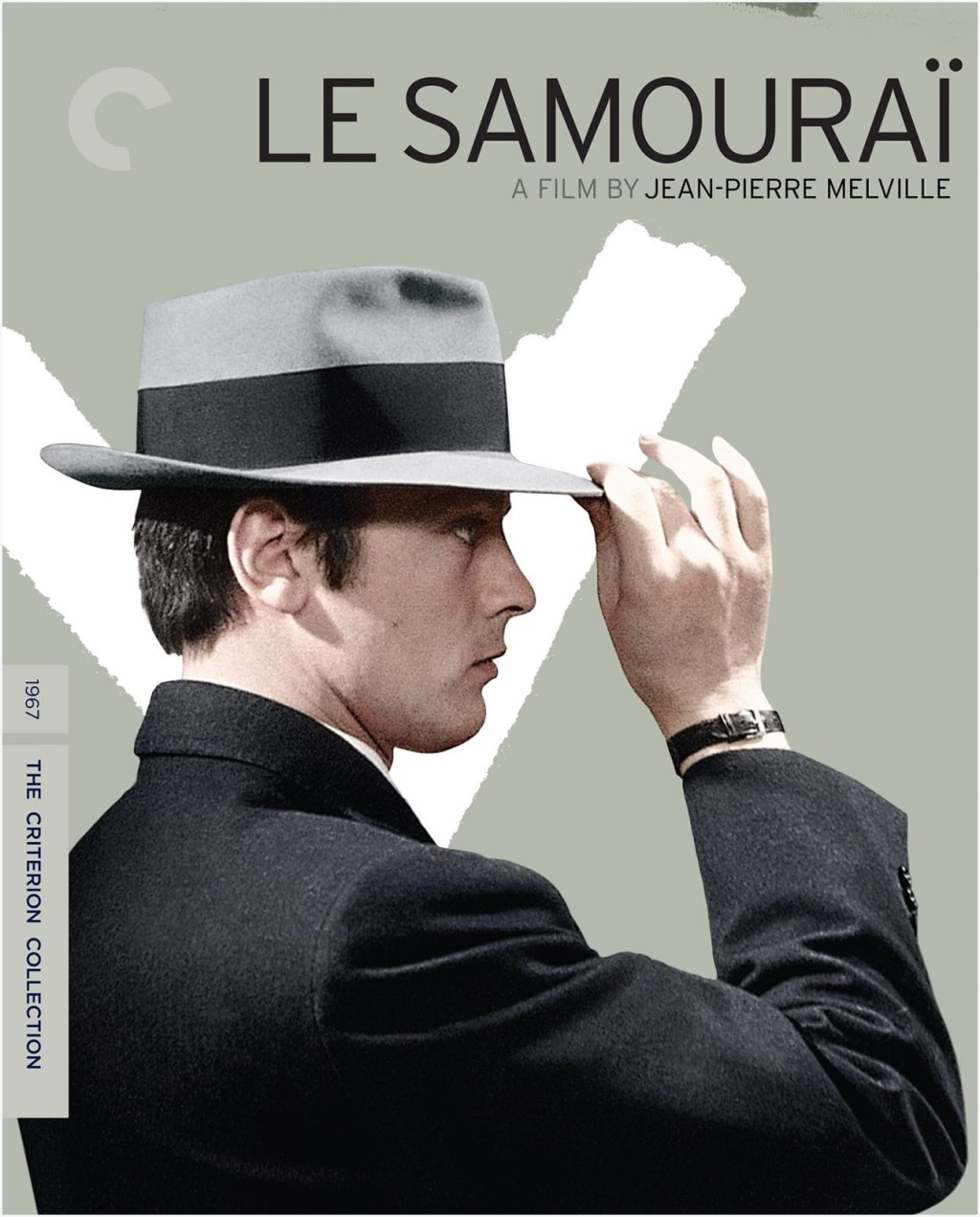Le Samouraï, starring French superstar Alain Delon and directed by iconic director Jean-Pierre Melville, is one of the greatest Neo-Noir movies ever made. Jean-Pierre Melville, who also wrote the screenplay for this classic, made his debut in the 1940s film noir era. He is widely known as the spiritual father of French New Wave cinema. Recurring themes in his movies are style, minimalism, and existentialism.
Le Samouraï exemplifies all of these themes. Before we delve into the plot, we need to understand what it means to be a Samurai.
The word “Samurai” refers to the warrior class in Japan’s 12th-century feudal society. Their masters were typically landowners. A Samurai followed a strict code of honor known as the Bushido. A Samurai became a Ronin, or free agent, when he was no longer in servitude to his master, either because his master died or for other reasons. Such Ronin often took on “contracts” as a means of livelihood, which often included murder for hire.
Le Samouraï is the tale of a modern-day assassin, Jef Costello, a French Samurai (actually a Ronin) who adheres unequivocally to the Bushido code. Minimalism is one of the major aspects of this movie. It does not waste time explaining how Jef became the efficient and ruthless hitman. Jef himself embodies minimalism. He lives in a nondescript apartment, seldom speaks, rarely shows any emotions, and lives alone except for his companion, a caged bird.
As soon as the movie’s titles roll by, the following parable from the code of the Bushido appears onscreen:
“There is no solitude greater than a Samurai’s,
Unless perhaps it is that of a tiger in the jungle.”
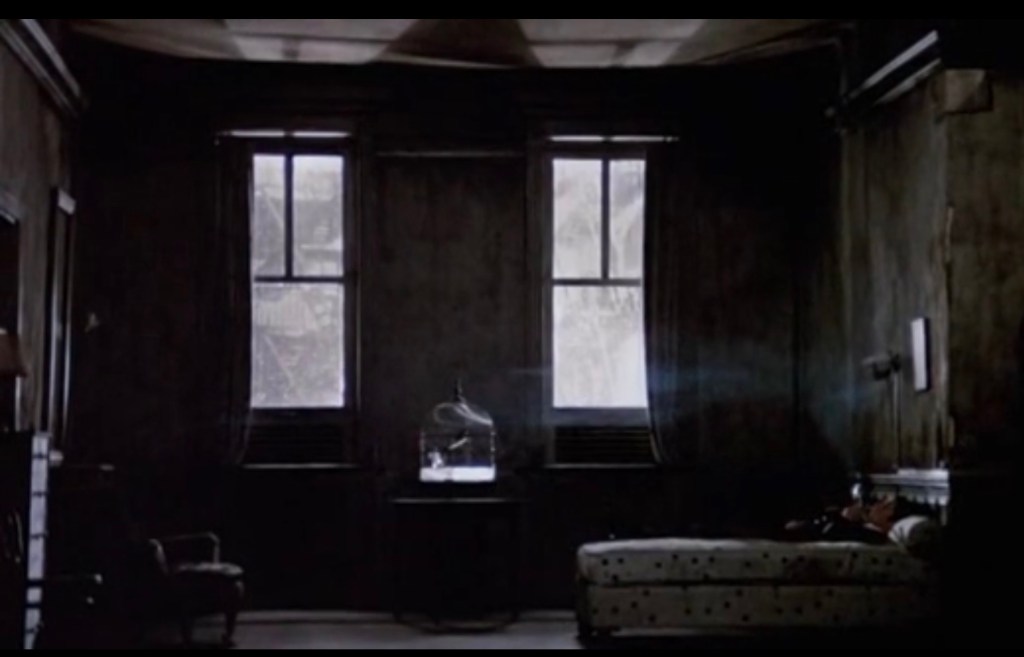
I cannot outdo Roger Ebert’s description of the opening scene of the film:
“An empty room. No, not empty. In the shadows we can barely see a man on the bed. He lights a cigarette, and smoke coils up toward a wisp of light from the window. “
Earlier, I mentioned that Jean-Pierre Melville’s films are known for their style. How can style go hand-in-hand with minimalism? Jef Costello does not have too many possessions. In the first scene, besides the bed and a few items of furniture, there is only the chirping caged bird. However, when he rises from the bed, Jef is dressed in a chic custom-made suit that miraculously has retained its shape and does not even remotely look slept-in. Before he leaves, Jef puts on a fashionable trench coat and a fedora hat. Jean-Pierre Melville uses light and shadow, along with a suspenseful background score, to set the tone of intrigue. The colors in the background blend with Jef’s attire to enhance the scene’s aesthetic.
Jef steps out onto the street and finds a car. He pulls out a giant key ring holding a myriad of keys and tries to start the vehicle, sequentially using one key at a time. After a few failed attempts, he drives to a clandestine automobile repair shop.
The lone mechanic in the shop changes the plates of the vehicle, and no word is exchanged between the two men. The mechanic hands Jef some papers and a revolver. Jef takes these items and drives away. He briefly meets a woman, Jane (Nathalie Delon), at her apartment and exchanges a few words. She seems to like Jef, but he is indifferent to her and leaves.
He is then seen walking into a trendy nightclub where a black lady dexterously plays a piano. He then finds his target, Martey, who owns the nightclub seated at his desk in a room within the club. After shooting Martey dead, Jef leaves but is seen by the piano player.
Jef steps into the shadows and drives away. Police soon arrive at the nightclub, and Valerie, the piano player, along with other patrons at the club, becomes witnesses in the investigation. While Jef is playing a card game in the backroom of a hotel, a police team barges in and takes him in as a suspect.
At a lineup, some witnesses identify Jef and are convinced that he was the killer at the club. Valerie is adamant that the man she saw did not resemble Jef. Jane, the woman Jef met earlier, provides an alibi for Jef, saying she was with him at the time of the shooting. Furthermore, even Jane’s lover who was with her that night claims to have seen another person enter her apartment but cannot identify Alain from a lineup.
The lineup scenes are quite interesting. There is no one-sided mirror of separation between the witnesses and the lined-up suspects. The suspects know who identified them. In one scene, the investigating officer brings Jef a foot or two away from Valerie and asks her if Jef was the suspect she saw at the nightclub.
With Jef’s airtight alibi and the absence of any incriminating evidence, the police release him. Jef soon realizes that the very men who hired him for the contract are now trying to eliminate him in an effort to hide their tracks. The officer investigating the case strongly believes that Jef is their man and that Valerie and Jane are covering up for him.
Jef too is curious as to why Valerie did not identify him. Is she in league with the ones who hired him? With the police on his trail, it is a race against time for Jef to find his attackers before they get to him. He begins his quest by accosting Valerie. What happens next forms the rest of the plot.
As mentioned earlier, minimalism is an implicit theme throughout the movie. Jeff leads a life in Spartan dwellings, with the bare minimum of possessions, speaks sparingly when necessary, and is stoic in demeanor, with a face that shows almost no emotion. Alain Delon as Jef still manages to project a striking charisma on screen.
The plot is fairly simple, and maybe even predictable, with hardly any twists. It is fairly slow-moving and does not have any thrilling action scenes one is to expect from such a movie. What keeps the viewer riveted is the cinematography, the background score, and the great performances from the movie’s cast. François Périer is menacing as the officer investigating the case. Cathy Rosier also puts in a noteworthy performance as Valerie, the piano player who is almost as stoic as Jef. Nathalie Delon does her part as a faithful, devoted friend of the protagonist.
Jeff is an anachronism, personified. He is an ancient Samurai soul residing in a contemporary period, in a French body. His code of ethics and mastery of camouflage enable him to adapt to his surroundings, blend in with other humans, and fulfill his obligations.
In some ways, Delon’s portrayal of Jef reminds one of Clint Eastwood’s soft-spoken man-with-no-name character that appeared in several Spaghetti Westerns in the ’70s. While his looks are more suitable for a Paris fashion runway than for an assassin prowling its hot spots at night, Delon manages to pull off the role convincingly.
Le Samouraï has been hailed as one of the greatest Neo-Noir movies by several critics for decades now. It would inspire directors like Walter Hill, John Woo, and Nicolas Winding Refn. It should be seen by any fan of Neo-Noir movies.
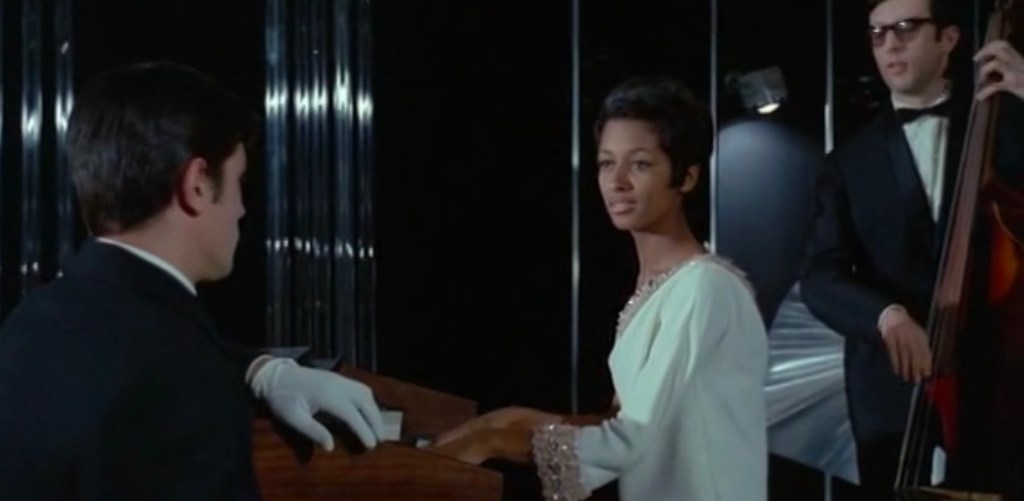
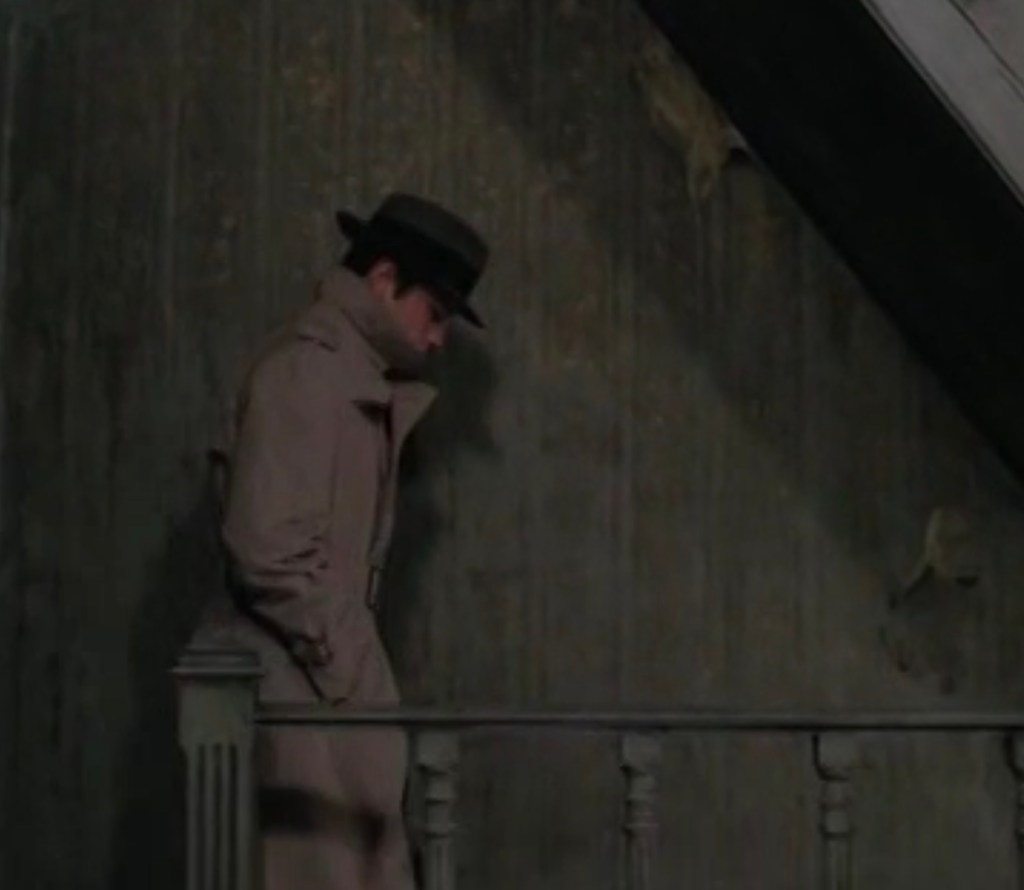
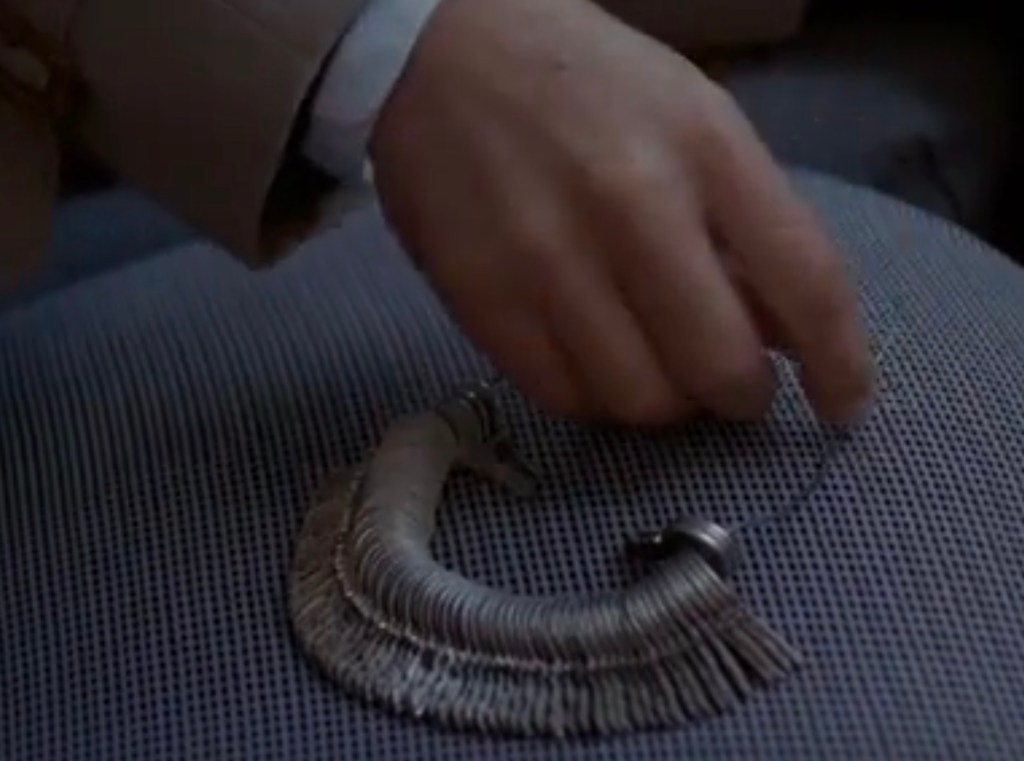

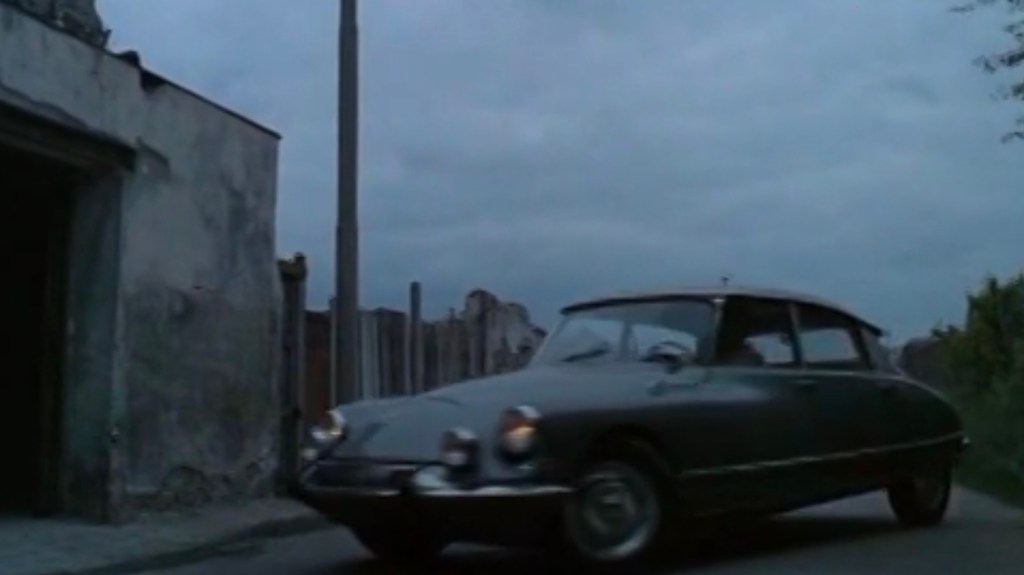
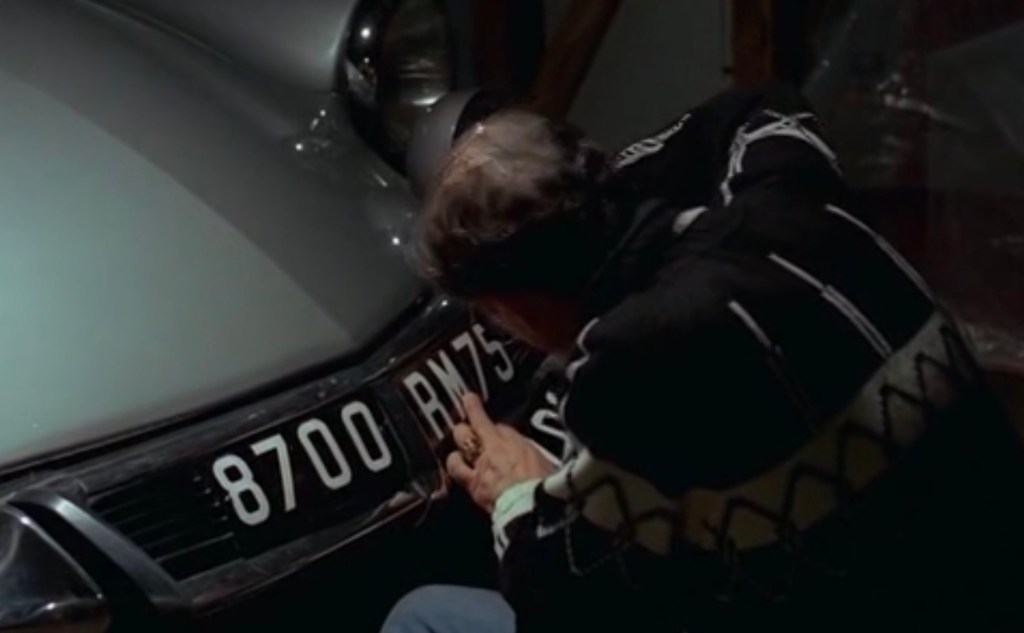


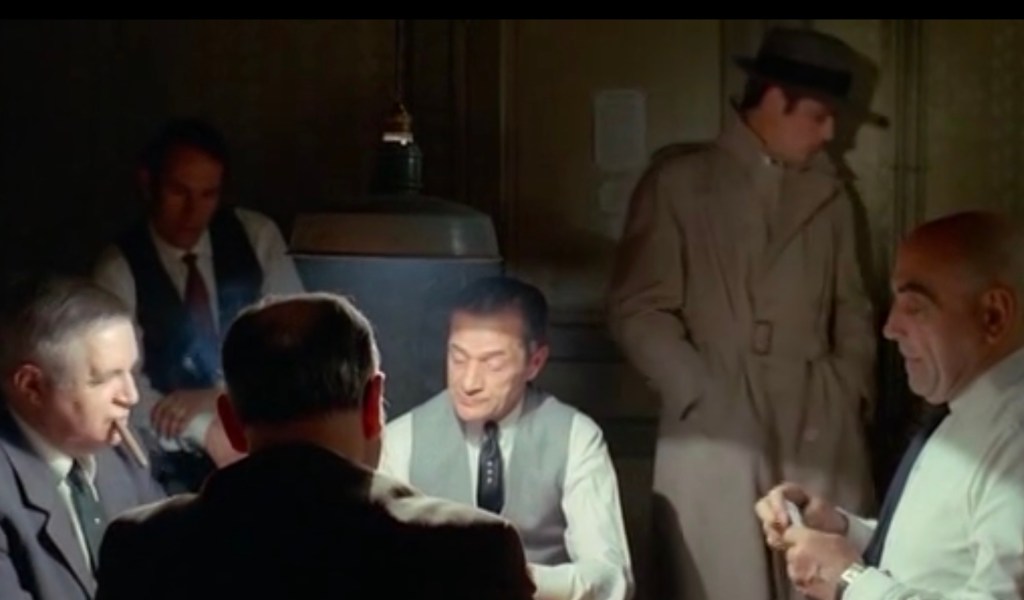
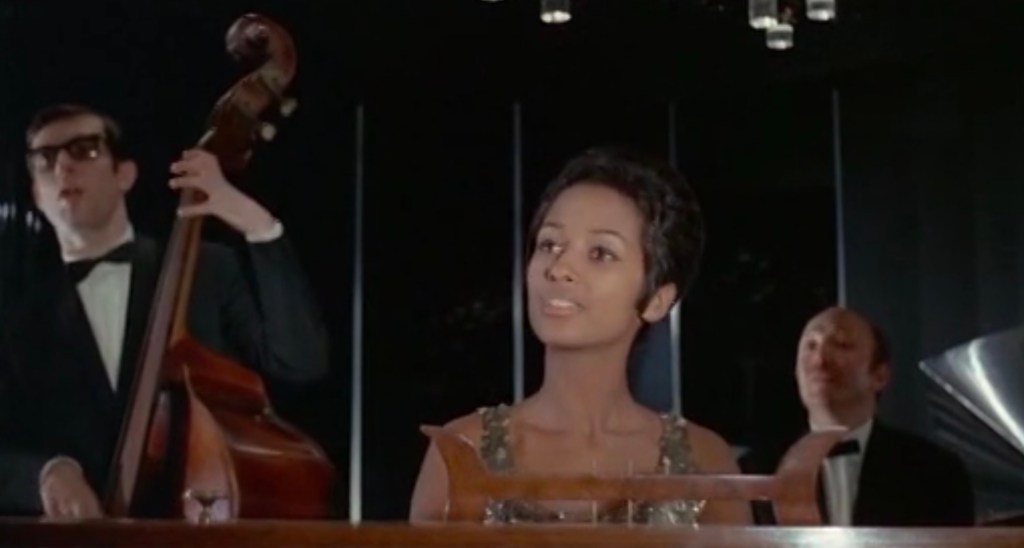


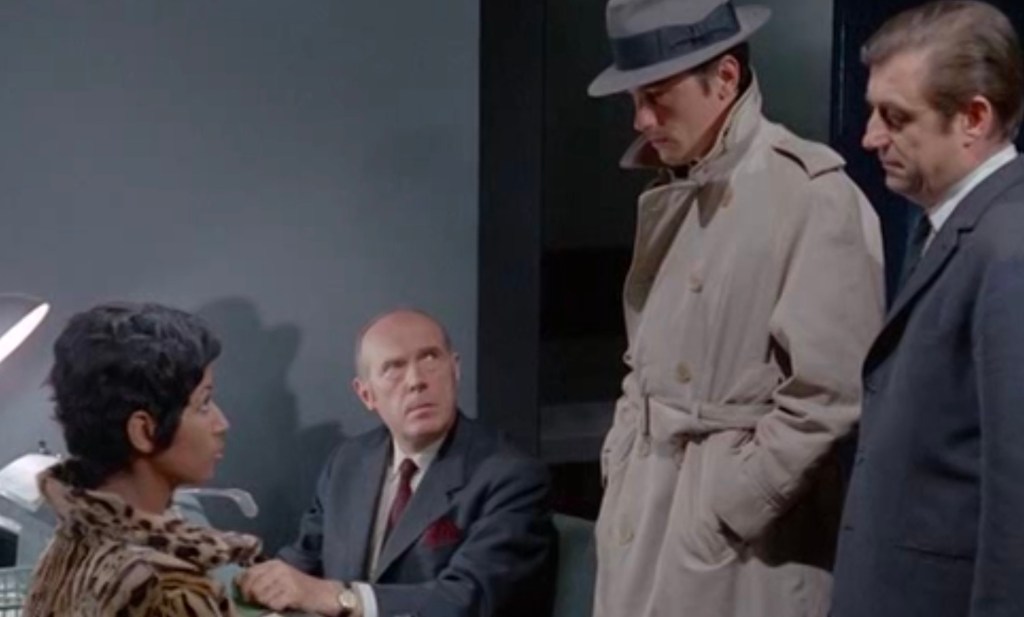
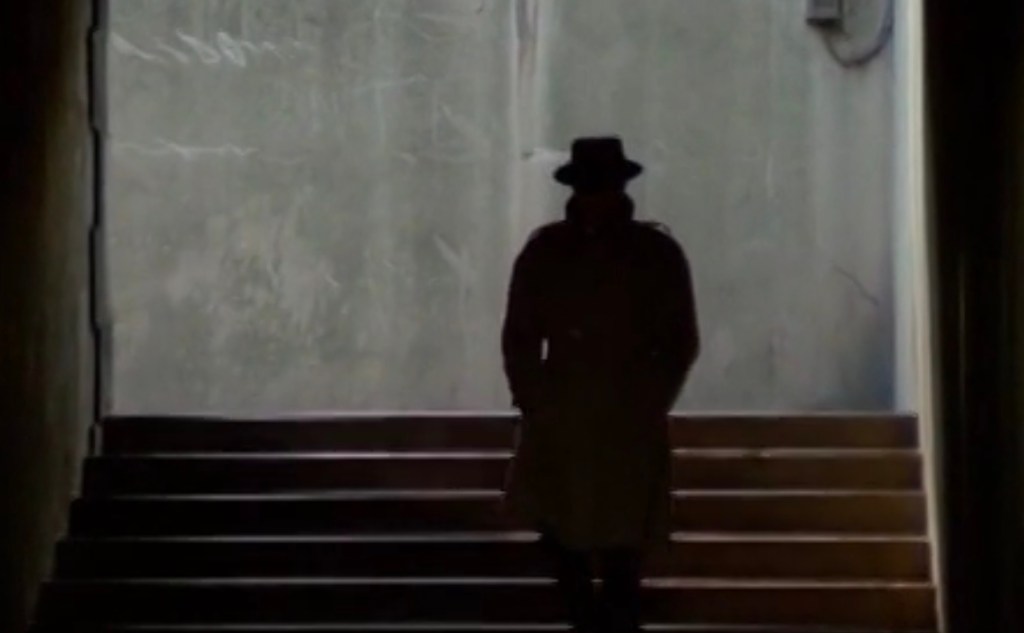
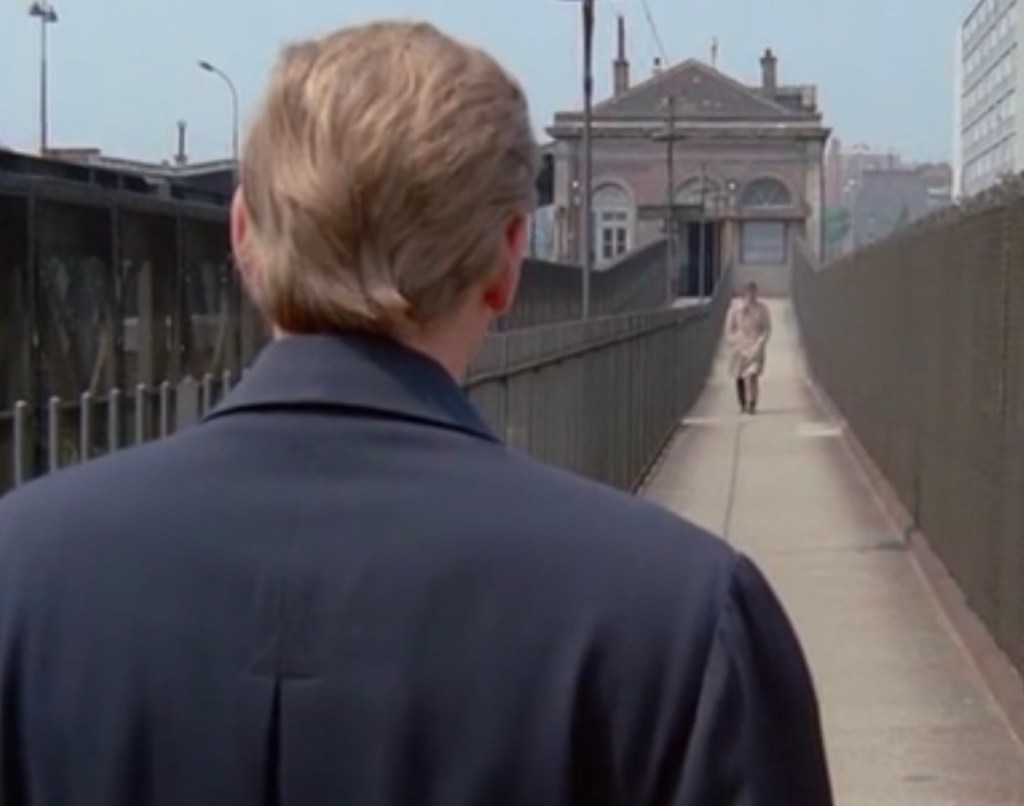

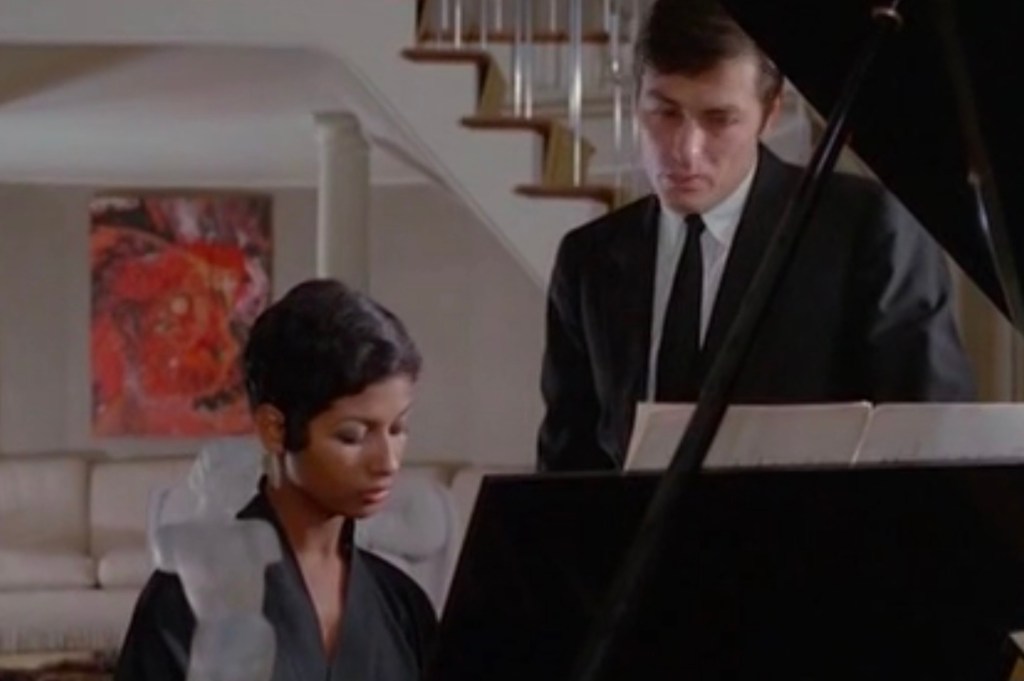
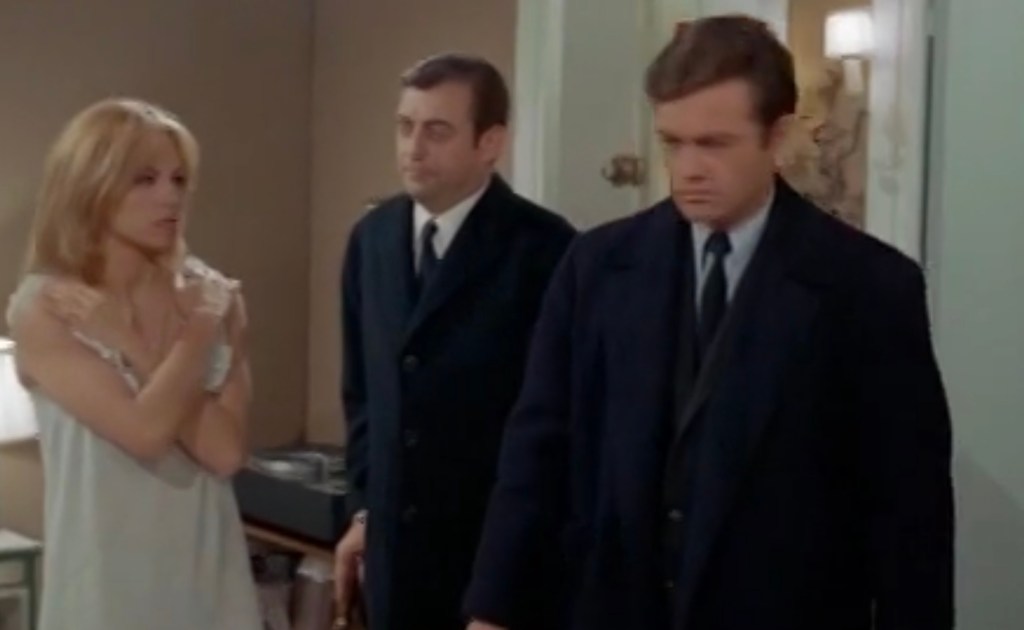


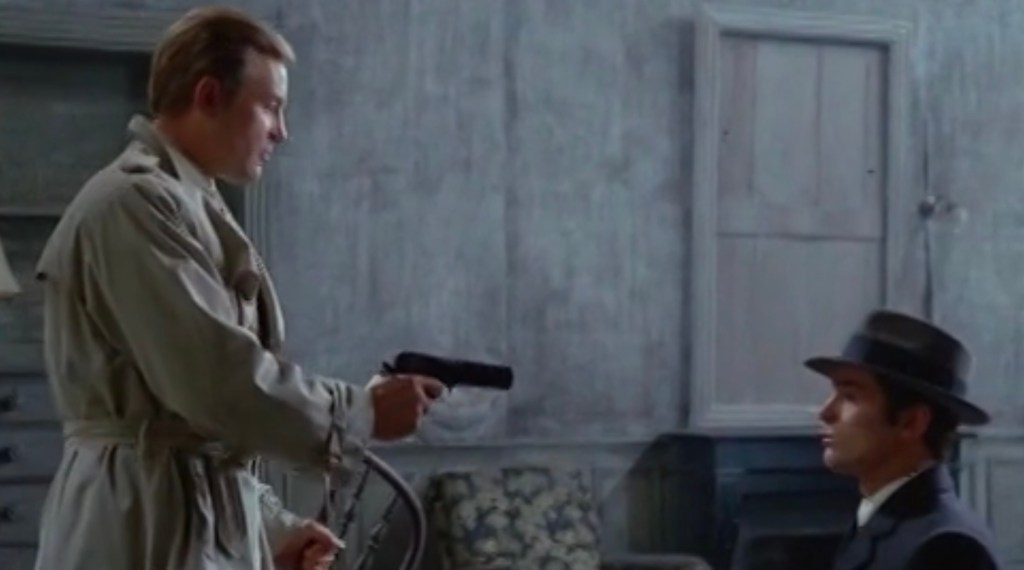
References
https://www.rogerebert.com/reviews/great-movie-le-samourai-1967
https://en.wikipedia.org/wiki/Le_Samoura%C3%AF

